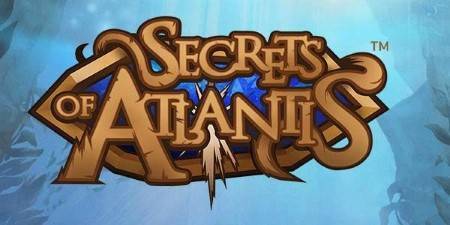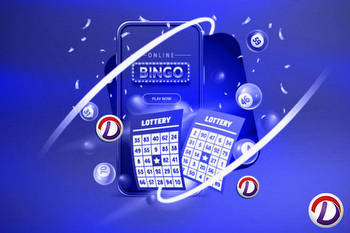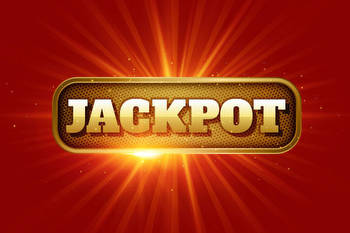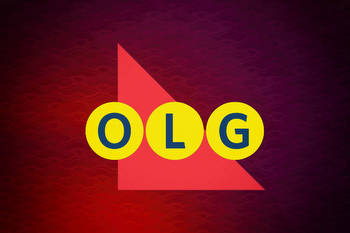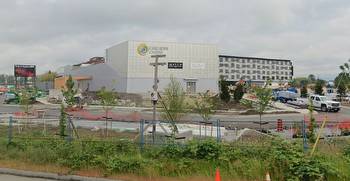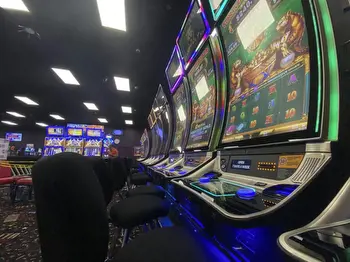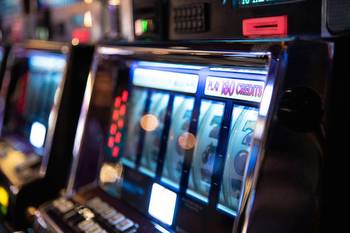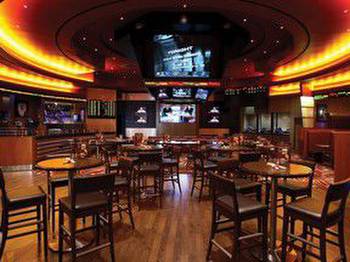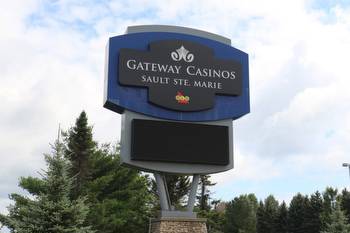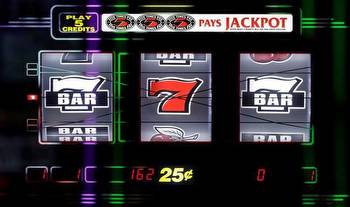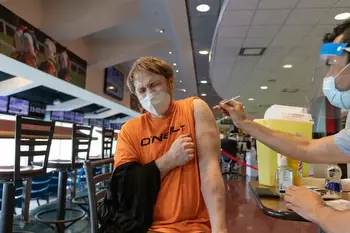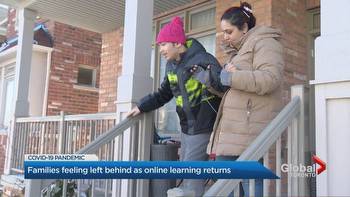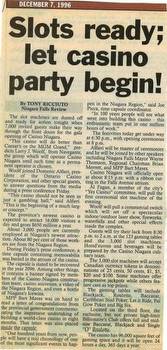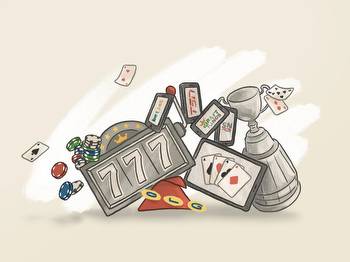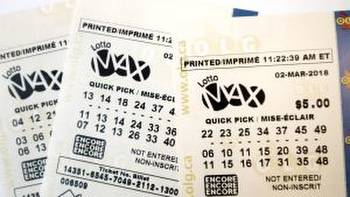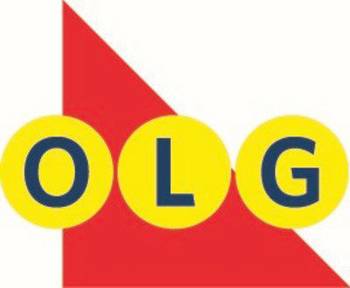OLG offering Vegas-style slot machines ‘contrary to the rules they’re supposed to be operating under,’ says Fort Erie mayor
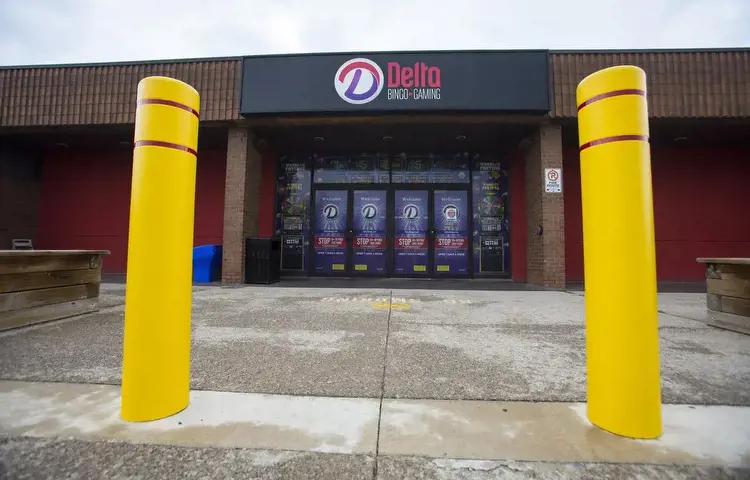
Tue., Sept. 13, 20226 min. read
Article was updated 48 mins ago
The provincial government needs to “take a good, hard look” at Ontario Lottery and Gaming Corporation and “how it’s been operating the last decade,” said Fort Erie Mayor Wayne Redekop.
The mayor shared a number of concerns he’s had with OLG in recent years, dating back to 2012 when more than 200 jobs were axed in the border town at the south end of Niagara due to changes to the slots-at-racetracks program, as well as in Windsor and Sarnia.
But shortly after the gambling site at the Fort Erie Racetrack was shuttered, slot machines returned to Fort Erie, just not at the border oval.
Several have been placed at two bingo halls in Fort Erie, as well as sites in Niagara Falls, Welland and St. Catharines, owned and operated by Delta Gaming.
The machines are advertised as ‘Vegas-style’ on Delta Gaming’s website.
Recently, a two-part series by The Toronto Star reopened the conversation about these machines existing in bingo halls in Ontario, finding that dozens of locations across the province have quietly become de facto casinos, some containing well over 100 betting machines that look like and operate much like slot machines.
Provincial law prohibits slot machines in bingo halls and the gaming machines are not harmless — one expert said they may actually be more risky for problem gamblers than casino slots, as they run faster, allowing users to lose money at a quicker pace.
In total, 37 bingo halls have been “modernized” under a program led by the provincial gambling manager, the OLG.
New Democrat MPP Kristyn Wong-Tam, her party’s critic for the ministry of the attorney general, wrote to Attorney General Doug Downey recently, citing the Toronto Star investigation into the OLG’s program that has seen 37 Ontario bingo halls updated to include new technology, including 2,900 gambling machines in the standup-cabinet style typical of slot machines.
Her letter, which cites concerns about the “rapid and repeated extraction of funds from vulnerable people,” referenced a 2013 vote by Toronto city council — which came just weeks after the city voted against a downtown casino — that approved electronic bingo games but specifically stated “excluding slot machines.”
The Star’s reporting found the charitable gaming program was meant to reinvigorate the dying bingo business. However, despite telling some cities like Toronto that slot machines would not be included, these venueshave since installed hundreds of electronic betting machines.
Redekop said if slot machines exist in small communities like his, a portion of the funds should go back to the local municipality to support infrastructure needs, as they did up until a decade ago.
“That was an excellent program and to have it undermined by the OLG really eliminated some of those objectives,” he said referring to the revenue to fix roads and sewers, but also the jobs that existed as a result, as well as financial support for the racetrack.
When OLG put the Vegas-style machines in locally a few years ago, the local government wasn’t asked for its thoughts, said Redekop, who also referred to OLG s a “renegade” organization.
“They didn’t consult with the municipalities, and certainly it doesn’t look like they’ve been very forthcoming with the government in terms of what they’ve been up to the last few years,” said Redekop.
Money spent at bingo halls is divvied up, with 25 per cent going to local charities, 25 per cent to OLG, 47 per cent to bingo hall operators and three per cent goes to host municipalities, OLG spokesman Tony Bitonti told The Star.
The previous formula at the racetrack was 10 per cent going to the track, 10 per cent to horse owners, and up to five per cent going to the town, with the rest going to the province.
If the slots were to return, Redekop said the formula has room to be adjusted to also benefit non-profit groups and service clubs.
“They could also parcel some of that out to the charities,” he said.
According to The Star investigation, these modernized bingo halls have not made money for the province. In fact, according to an audit by the provincial Ministry of Finance, they have actually been a drain on Ontario’s finances, although Bitonti says a new business model implemented just before the pandemic is expected to help the program break even.
Another consideration is the risk of social and financial harm to the people who gamble on all these new machines. Experts say electronic gaming machines are among the most addictive forms of gambling, and that these ones pull more money at a faster rate than others.
“Those who have a problem with gambling — you don’t give them greater opportunity to be separated from their money more quickly,” said Redekop.
Asked about claims being made by Wong-Tam, that OLG broke a promise saying slot machines would not be part of the modernization plan at bingo halls, Redekop said OLG should not be taking steps “contrary to the rules they’re supposed to be operating under.”
He also said equipment at bingo halls “should be a product that’s in line with their mandate.”
The OLG shouldn’t worry that a slot facility returning to Fort Erie Racetrack would be direct competition to the two casinos in Niagara Falls, and shouldn’t be seen as a “threat,” said Redekop.
“One casino in the desert in Las Vegas can’t make money, but a dozen casinos in the desert in Las Vegas can apparently make a lot of money,” said Redekop.
Asked about St. Catharines having one site with Vegas-style machines, city spokesperson Maggie Riopelle said, “although the city gets involved in licensing charities that are then scheduled at the bingo halls, to my knowledge the city is not consulted on decisions of the OLG.”
City of Welland communications manager Marc MacDonald said the municipality was advised of the modernization changes considered in 2013, but at the time, “the specific gaming details were not finalized.”
Asked about The Star Investigation and some of its findings, Bitonti provided a 746-word statement to Niagara Dailies.
In the early 2000s, there were more than 230 bingo halls supporting over 6,000 local charities. No-smoking bylaws, and new entertainment options forced the closures of many of these halls leaving the charities nowhere to turn for critical funding, said Bitonti.
To provide a stable and consistent source of support, OLG co-designed a program in partnership with the Ontario Charitable Gaming Association (OCGA) and the Commercial Gaming Association of Ontario, which was approved by the Ontario government.
He said OLG has been “open, transparent, and responsive to stakeholder interests” involved in the charitable gaming program including municipal interests.
There is an ongoing dialogue with all host municipalities, including regular annual briefings with municipal staff led by the OCGA with OLG involvement. The most recent annual briefing was held in May 2022:
“OLG is not aware of any municipal concerns related to the paper and electronic games offered in cGaming centres,” said Bitonti.
Pre-pandemic, OLG delivered approximately $50 million per year to charities. In fiscal 2019-20, just prior to the pandemic shutdowns, payments to charities increased by $7 million over the previous fiscal, he said.
Asked in a followup email to address a specific question regarding whether OLG broke a promise that it would not put slot machines in bingo halls, Bitonti said to refer to the statement he had already provided.
Delta Gaming spokeswoman Rebecca Russell did not respond to emails on Friday and Monday.







